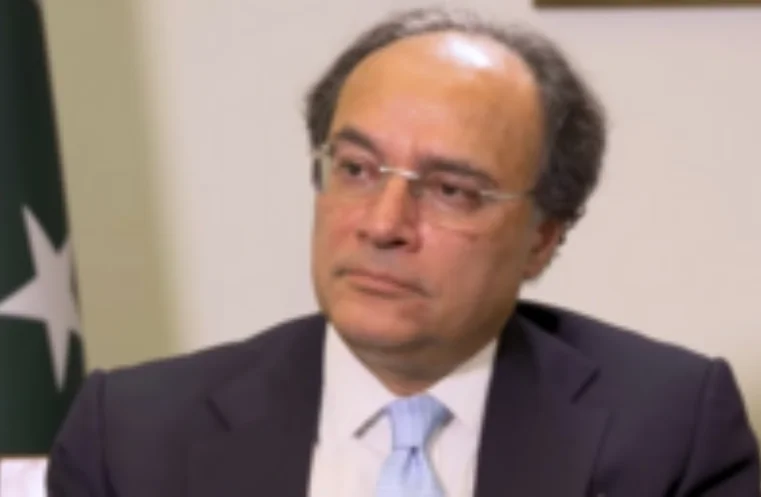Islamabad, Feb 18: Pakistan’s Finance Minister, Muhammad Aurangzeb, envisions a transformative future for the nation’s trade landscape, aiming to double exports to $60 billion within the next three to five years. During an interview with Asharq and Bloomberg at the 2025 AlUla Conference for Emerging Market Economies, Aurangzeb shared his vision, emphasizing the role of mining, agriculture, and IT services in driving this ambitious growth.
The Finance Minister highlighted the significant role China has played in Pakistan’s trade corridors, especially through the Belt and Road Initiative (BRI). Moving forward, Aurangzeb sees the Gulf Cooperation Council (GCC) markets as critical to Pakistan’s export expansion.
Read More:
Agritech Limited Suspends Urea Production
While the country has made progress in these regions, the potential for growth remains vast, particularly in sectors such as mining, agriculture, and IT services. With Pakistan’s current export value hovering around $30 billion, the government is focused on leveraging these sectors to achieve its target of $60 billion exports.
Aurangzeb also touched on the improvements in Pakistan’s macroeconomic conditions, including inflation control, stabilizing interest rates, and bolstering foreign exchange reserves. These developments have contributed to a positive shift in institutional investments, signaling greater economic stability.
The Finance Minister underscored that this stability is being used as a foundation for important structural reforms, especially in taxation, energy, and state-owned enterprises (SOEs). A key aspect of these reforms is the privatization drive, aimed at reducing the size of the federal government and strengthening public finances.
In addition to fiscal reforms, Aurangzeb emphasized the need for prudent fiscal management to prevent future deficits. With both the current account and primary balances in surplus, Pakistan now enjoys fiscal space that can be used strategically for long-term growth. This surplus provides the government with the flexibility to prioritize investments that will ensure sustainable economic growth and job creation.
On the topic of regional trade, Aurangzeb reiterated the importance of connectivity, particularly the opportunities presented by the GCC markets. These regions are poised to become major drivers of Pakistan’s export growth. As Pakistan continues to expand its trade relations with China and GCC nations, the government remains focused on ensuring that these partnerships are leveraged effectively to foster economic prosperity for the country.









